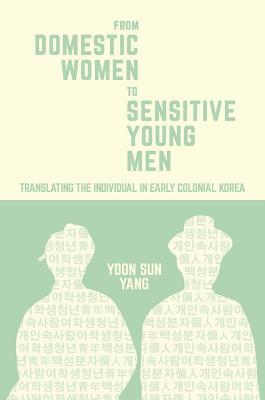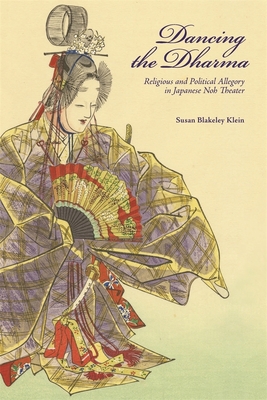
Customizing Daily Life
Representing and Reforming Customs in Nineteenth-Century Japan
2013
First Published
303
Number of Pages
Part of Series
Throughout the Tokugawa era (1600–1868), the term fūzoku—variously translated as customs, morals, and daily life—assumed an increasingly prominent place in legal and popular discourse. Samurai officials and social critics attempted to mold the fūzoku of both samurai and the populace, while travelogues and fashion guides evaluated the realm’s dizzying array of customs. By 1800, these discourses had rendered fūzoku a fundamental mode of mapping the nation as a coherent cultural entity. As Japan recast itself as a modern nation-state after 1868, fūzoku became an arena of intense struggle among government officials, journalists, historians, and civic activists, all of whom claimed special knowledge of customs and the moral authority to define, preserve, or “improve” them. Increasingly, everyday practices came to function as reflections of the state of the social order, markers of Japaneseness, or measures of Japan’s progress toward “civilization.” In the course of these contests, fūzoku became a primary means of apprehending national life that mediated Japan’s induction into the imperialist world order and endures in Japanese political and popular culture to this day. Customizing Daily Life illuminates the intricate relations between the transformations in daily life across the nineteenth century and their conceptualization in contending discourses.


